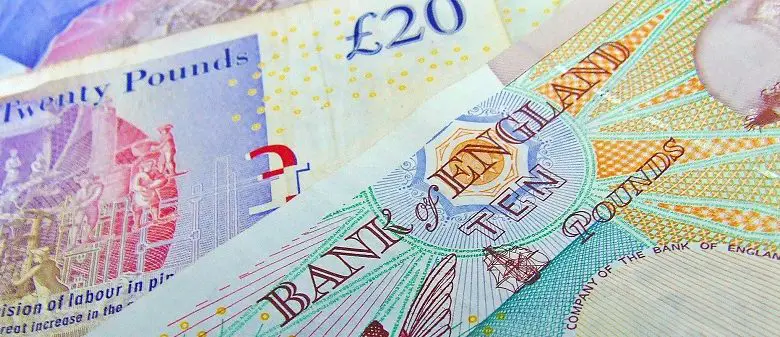
Disabled people are hardest hit because of changes to the welfare system
A report by the Disability Benefits Consortium (DBC), Has welfare become unfair – the impact of changes on disabled people, looks at how disabled people are hardest hit because of changes to the welfare system.
 Changes to the welfare system over the past 10 years have left disabled adults four times worse off financially than non-disabled adults, according to new research commissioned by the Disability Benefits Consortium, a coalition of more than 80 UK disability organisations.
Changes to the welfare system over the past 10 years have left disabled adults four times worse off financially than non-disabled adults, according to new research commissioned by the Disability Benefits Consortium, a coalition of more than 80 UK disability organisations.
While many people who receive welfare support have experienced cuts of an average of £300 as a result of changes to the welfare system, disabled people have typically lost around £1,200 per year.
The research funded by the Three Guineas Trust was the first comprehensive study looking specifically at the cumulative impact of welfare changes on disabled people. It was conducted by the University of East Anglia, the University of Glasgow and Landman wEconomics. The research also found:
- The more disabilities you have the more you lose out. For example, someone who has six or more disabilities loses more than £2,100 each year on average, whereas someone with one disability loses around £700 each year.
- Households with one disabled adult and one disabled child lose out the most, with average losses of more than £4,300 per year.
As part of the research, 50 people living with a variety of conditions and disabilities were interviewed about their experiences. People said that they found the application and assessment processes highly stressful, and that they did not feel trusted, and constantly challenged.
The DBC also states that the current system has become so complex and dysfunctional, that many disabled people have found it has had a devastating impact on their wider health and wellbeing.
Pam McGee, 48, from Kent, was diagnosed with multiple sclerosis (MS) in 1994, which severely impacts her mobility. After a PIP assessment in 2017, she lost the higher rates for both the mobility and daily living components.
This means that her support was cut by £290 a month and she no longer qualifies for a Motability car. She’s now appealing the decision and says the stress caused by this process has impacted her health. She said:
“If I lost my car, I don’t know how I’d carry on. I’m terrified I’ll be out of a job because without the car I won’t be able to get anywhere. If I can’t work at the age of 48, I would lose all of my pride. People always ask, ‘What’s your name and what do you do?’ My job is what defines me.
In the last 10 weeks, I’ve had a massive relapse. I went dizzy and lost all feeling in my left leg. When I spoke to my neurologist he said the relapse was probably caused by stress. I’ve also been depressed and eating less.
PIP has caused me and my family a lot of anxiety and stress. It’s caused my MS symptoms to worsen, which has reduced my mobility, confidence, and ability to take care of myself physically as well as mentally.”
The DBC says that the failure to include disability premiums as part of Universal Credit, and poorly designed assessment criteria are just two examples of the problems that are leaving disabled people worse off. It is calling on the Government to make urgent improvements to the welfare system to ensure it works for everyone.
You can read the full report: Has welfare become unfair – the impact of changes on disabled people
By Disability Benefits Consortium
Have you felt the impact of benefit cuts in your household? Share your stories in the comments box below or on Facebook and Twitter.
More on Disability Horizons…